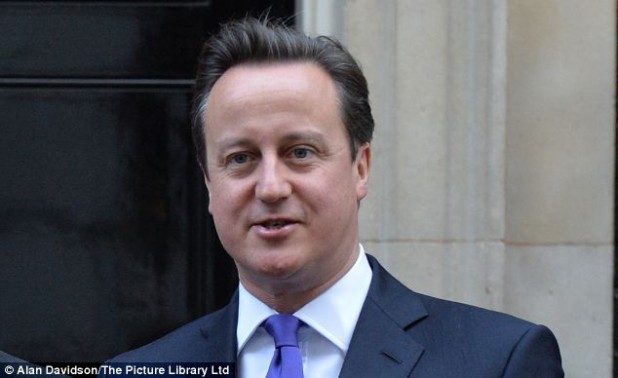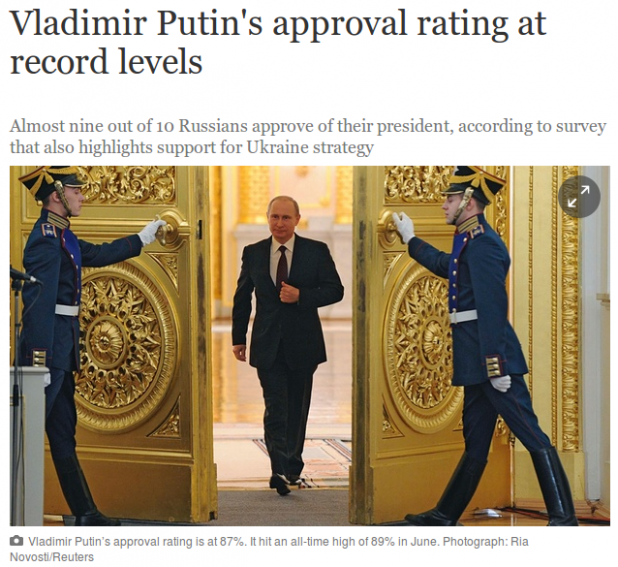Andrew Anglin
Daily Stormer
November 5, 2015

This is all very strange. No actual data has been presented.
Russian President Vladimir Putin and UK Prime Minister David Cameron discussed in a phone call on Thursday the investigation of a recent Russian plane crash in Egypt as well as joint efforts in fight against terrorism, the Kremlin press service said.
“The leaders exchanged views on the situation with regard to the crash of a Russian plane on the Sinai Peninsula. Putin stressed that it was vital to rely solely on information provided by official investigation while commenting on possible causes of the incident,” the press service said in a statement.
Earlier in the day, Kremlin spokesman Dmitry Peskov said that Russia hopes the United Kingdom will provide data to back recent statements that the Russian airliner crash in Egypt was likely caused by a terrorist attack.
“The sides also discussed issues of joint fight against global terrorism,” the statement said.
Meanwhile, media is claiming that if it is proved to be a bomb, it will damage Putin’s global reputation for security. Not sure how Egyptian airport security will damage Putin’s reputation, unless the media forces that meme.
David Cameron’s decision to intervene in the mystery of the Sinai air crash by speculating that a bomb may have bought down Flight 7K9268 will have been greeted with cold fury in the Kremlin.
For the last five days, leaders in Moscow and Cairo have been adamant that the jet’s downing last weekend was an accident – possibly the result of a catastrophic engine failure – but it is safe to assume that Downing Street did not speculate about “explosive devices” lightly.
Both the debris pattern observed in the Sinai Peninsular, as well as reports that some of the bodies were charred in such a way that suggested to an explosion had already cast doubt on the Kremlin’s version of events.
If a terror attack is indeed confirmed, the finger of blame will inevitably point to the Islamic State in Iraq and the Levant (Isil) which has vowed to seek revenge against Mr Putin for his decision to enter Syria’s civil war last month on the side of Bashar al-Assad.
For Mr Putin, whose domestic support rests on the twin pillars of economic and national security, a successful strike by Isil against an airliner full of middle class Russians on their way back from an Egyptian holiday will represent a significant blow to his prestige.
Already Mr Putin’s reputation for delivering economic well-being has been badly dented by international sanctions and the slump in world oil prices that has seen wages fall by over 10 per cent in the past year.
The decision to intervene in Syria was ostensibly designed to take Russian minds off such domestic problems and the developing stalemate in Crimea, but that move – initially viewed as decisive when contrasted with Western dithering in Syria – always carried risks.
“Ostensibly”? Do you even know what that word means, Mr. Telegraph person?
The operation in Syria was ostensibly to prevent the spread of ISIS and to support Assad, who is a Russian ally. That it has something to do with strengthening domestic political support is an “allegation.”
And it isn’t really even a popular allegation, given that before this, Putin already had the highest ratings ever at 88-89%.

They are a couple points higher now, but that difference is negligible.
A more popular allegation as to Putin’s primary motives is that he is shaming the West. Though that still overcomplicates the established reality that Assad is his ally, and there are material interests which are being preserved by stopping ISIS and/or CIA-backed moderate terrorists from conquering Syria.
